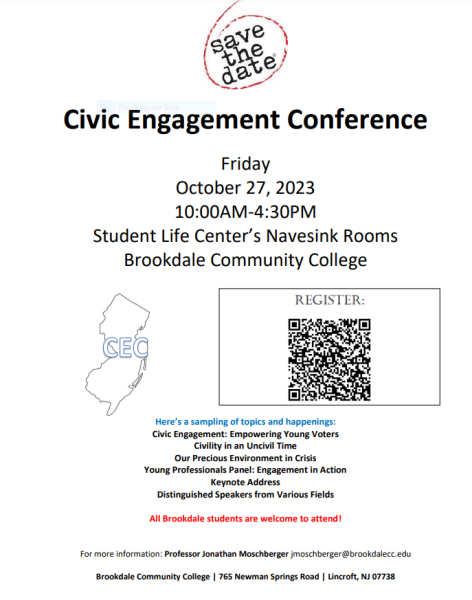Art Review: Dear David Berman, We Were Just Getting to Know You
October 28, 2019
When David Berman released his 2019 self-titled album “Purple Mountains,” I went into the first listen unbeknownst to his late 1990s cult status. To my surprise, “Purple Mountains” was a one listen record for me.
I’m a sucker for artists notorious for hiding dark and nihilistic imagery in a whirl of synthesizers like David Byrne – and in the case of David Berman, playful folksy guitar jingles. Using infectious twang and square dance blues, Berman hides one of the saddest albums I’ve ever heard in plain sight.
At times, it reminds me of the innocuous mundane nature of the best Courtney Barnett lyrics, making you feel comfortable as a listener that David is in a good place and had found an outlet for creativity again after years of stagnation.
Throughout all the album’s blunt, cathartic negativity, I didn’t feel uncomfortable thinking about his headspace. It was his first album in 10 years and since has become an instant favorite of mine. I quickly harkened back to the music he was writing when I was 6 years old.
His music with Pavement and Co. defines that acclaimed 90s slacker rock, but “Purple Mountains” is the strongest poetic effort of his career. Sure he started years ago, but from the sound of the new record, he seems to be coming into focus as someone who could captivate a younger generation for years to come.
While the record initially came off as a playful meditation on some ethereal, and yes, dark and macabre things, it took a sinister turn just a month after the album’s release when Berman took his own life.
The album took on new meaning instantly. No longer was this a jaunty alt-country opus about a man who knew where he stood. “Purple Mountains” proved to be the autobiography of a man on the brink.
On repeat listens to this now Shakespearean-eques tragedy, some of those previously thought of “innocuous” moments maybe weren’t so. A perfect example of this is “Margaritas at the Mall.” Berman goes on a crusade against the “subtly of God” like a man who is truly on his way to meet her. “How can the world go on with no new word from God,” he ponders with great intensity, so concentrated you felt his desire to ask the question personally. Right now.
He also spent parts of the album writing twisted love songs like the late album gem “Story Line Fever,” a House of Cards-style guitar anthem that runs smoothly and effortlessly for over four minutes before a marvelous breakdown at the track’s end in which the noises eventually twist into a psych rock black hole before breaking into more uplifting guitar pop. It’s one of the most complete songs he’s ever written, and retrospectively, acts as a bittersweet reminder that maybe with a few things done differently, solace in songs like this could in fact be found and harbored – creating something to live for.
After years of an unimaginable amount of inner turmoil and musical setbacks, in 2019’s “Purple Mountains,” Berman found his way into the airwaves of the indie rock world. With the help of Drag City, a small independent label based out of Chicago with a good reputation for getting their artists heard and paid appropriately, David Berman had the best release of his life.
Tour dates were imminent…I would’ve bought a ticket. The opportunity to hear your own witty and one-of-a-kind lyrics sung back at you, the s@#t that can cure depression.
Maybe David poured so much of himself into his last album that he truly felt he had nothing left to give in this world. “I was once hospitalized for approaching perfection,” he jeered on the Silver Jews fan favorite “Random Rules…” but sadly those were simpler times. The last 44 minutes of music he put on record will stick with me, a record that carries so much emotional weight now you could confuse it with the timeless Arcade Fire classic “Funeral.” The scale might not be as epic, but “Purple Mountains” is every bit as emotional as any album this decade.
I do not presume to know Berman or liken his mental struggles to my own. I’m simply speaking from the perspective of a young millennial who also struggles with depression. Someone who really cherished and taken to heart David’s message – thrilled to have found a new songwriter who captures my bleak outlook of the world with a cynical personality.
Something that was once an album that helped me feel anything but alone, now has a very isolating effect on me. I’m not in the dark, I’m actually quite happy, especially when I listen to his music, which makes all of this even harder to explain. Rest in Peace David Berman, your legacy will continue to live through my headphones every once in a while – I just wish you stuck around.


































